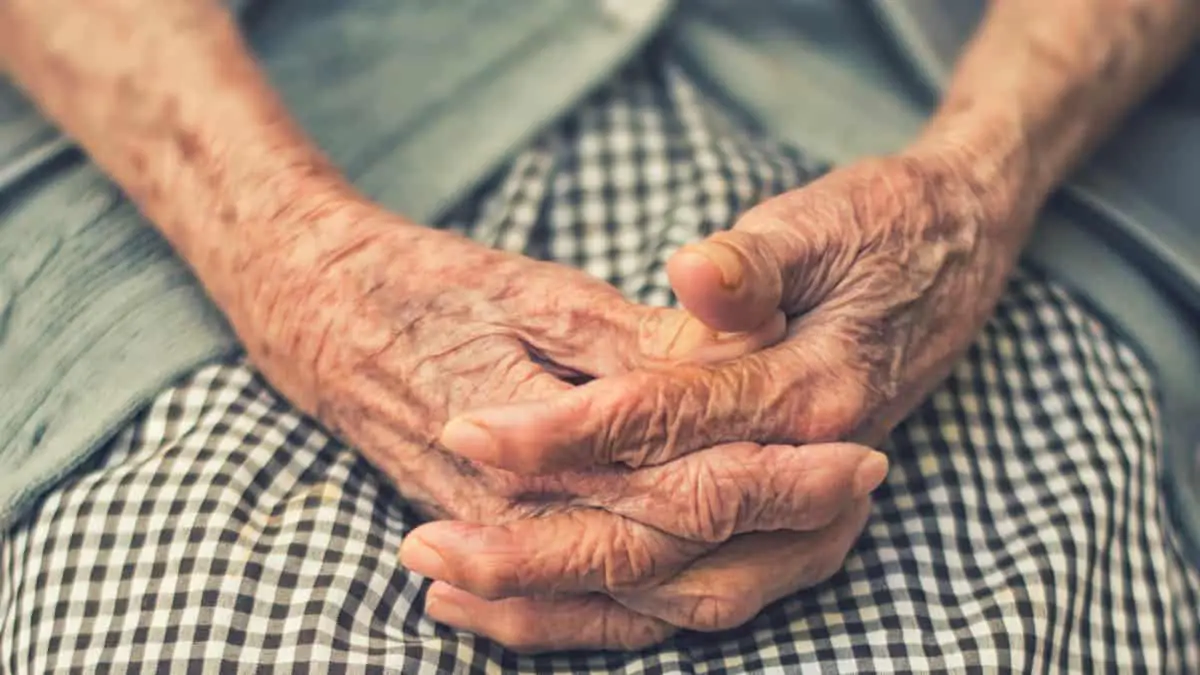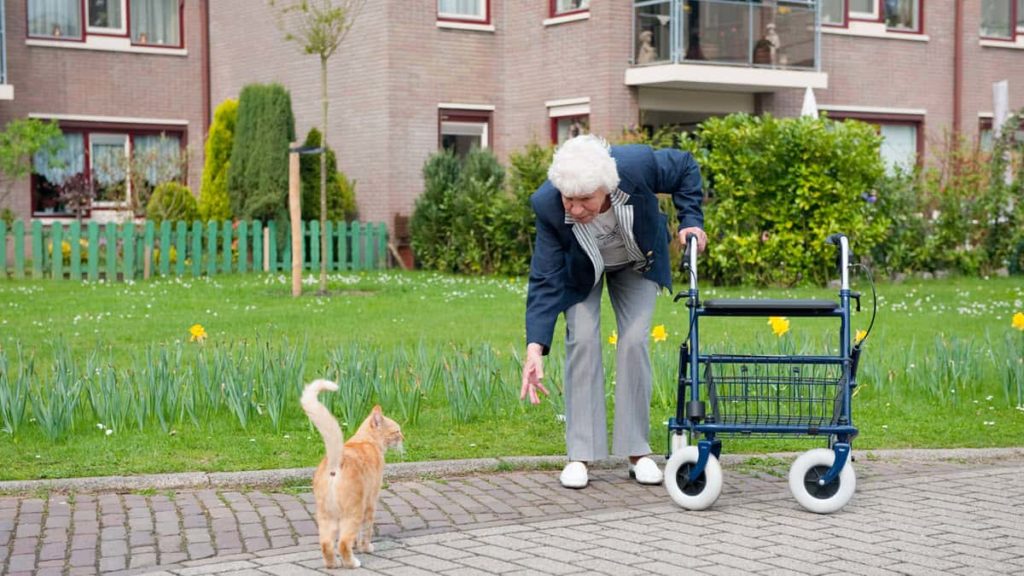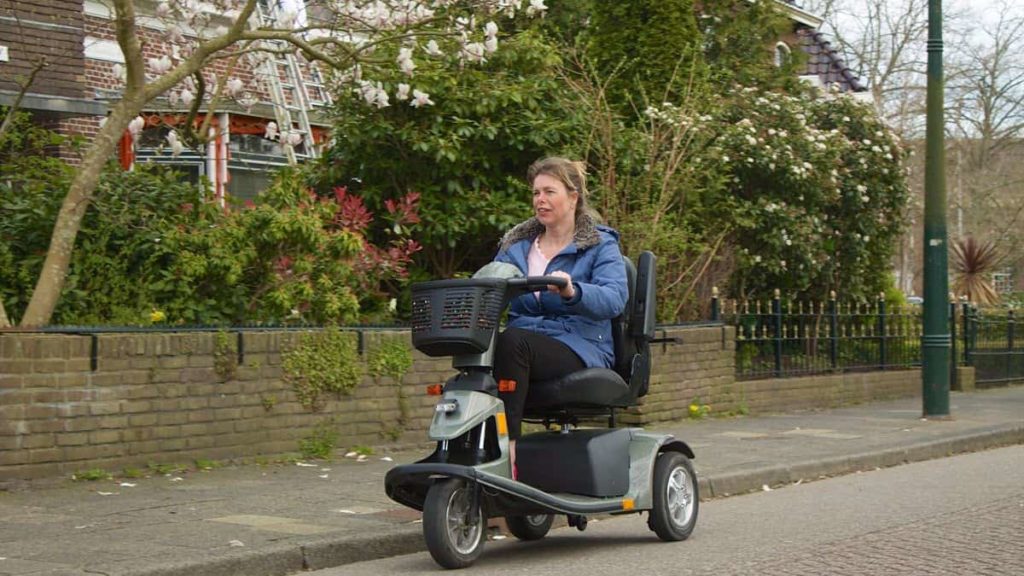Vascular Dementia and Mobility – What to Expect?
Having a relative diagnosed with vascular dementia can be a shock. Leaving the physician’s office, you can often have more questions than answers. How will your relative behave? Will they lose their independence? How will it affect their quality of life? Luckily there are things we can do to help support them to stay mobile and continue to enjoy a good quality of life.
Taking steps to help relatives stay independent and reviewing the support they need over time will help them to live well with vascular dementia and mobility.
What to Expect
Vascular dementia is caused by a lack of blood flow to the brain and is often caused by a heart attack or stroke. Balance and mobility are often affected sooner in people with vascular dementia, leaving them at risk for falls and injury.
The symptoms in the early stages of vascular dementia are different depending on what the cause of the illness is:
Subcortical Dementia (The Most Common Type)
- Weakness, less steady when walking, prone to falls
- Problems with decision making, planning or organizing
- Language problems – finding the right words, pronunciation
- Mood changes and depression
- Slower speed of thought, less able to concentrate
Stroke-Related Dementia
- Paralysis or limb weakness (often on one side of the body)
- Vision and speech problems
Post-stroke, your relative should be offered rehabilitation to help improve these symptoms.
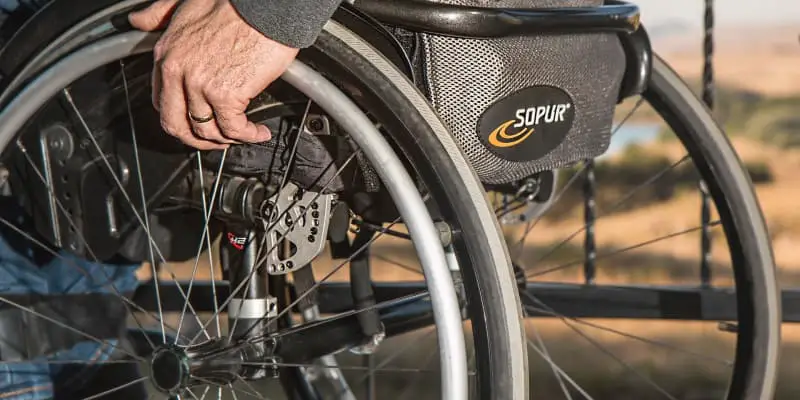
Assisting People with Vascular Dementia and Mobility
Vascular dementia can affect mobility which can have a knock-on effect on your relative’s independence. To help them out, you should check their home and plan ahead to help them stay independent as soon as possible after the diagnosis.
Stairlifts, walkers, wheelchairs, and other mobility support like handrails can help your relative to stay mobile at home. Being able to safely move around the house can help problems such as incontinence which is often affected by poor mobility.
Staying independent and being able to continue taking part in activities they enjoy helps your relative to have a better quality of life, and gives them more time before they need extra care.
Avoiding Falls
We all want what’s best for our relatives and safety comes first. People with vascular dementia are at risk of falls but there are adaptations you can make around the home to make it a safer place to live.
Keeping the home clean and free from trip hazards so that walkways are not blocked is an easy way to help. Also, sudden vision changes mean that you should also check the whole house to make sure that it’s hazard-free. Depth perception and seeing objects like 3D without glasses can become a problem so removing footstools or other objects can help.
Handrails and grab rails around particular parts of the house (like bathroom, living room, or next to doorways) can be an easy way to help with mobility. That way, your relative can use them to get up should they fall and no one’s around. Armchairs that can be tilted upwards to help them get onto their feet can also help.
The stairs can often be challenging if a person is suffering from mobility especially when there’s a chance that visual changes might suddenly occur. Because of this, most people with vascular dementia opt for a stairlift to safely access upper levels at home.
As an additional peace of mind, your relative can also get a wearable alarm that they can use to alert you if they need help and cannot get to the phone, for example, after a fall.
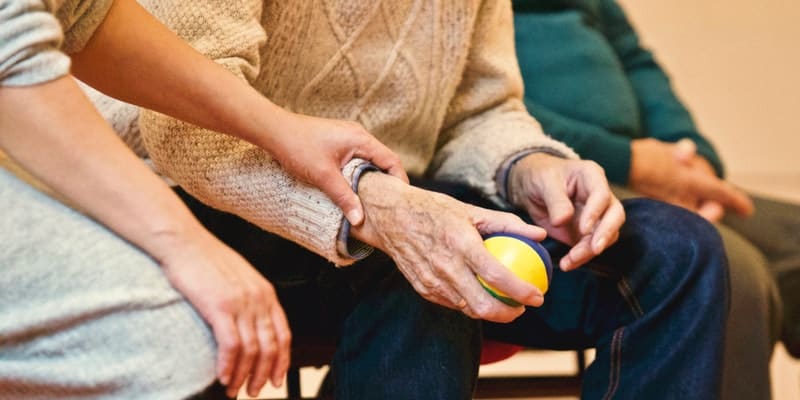
Isolation and Depression
One of the things we hear most often from people with dementia is about them feeling isolated and getting bothered by negative feelings easily. People with such disabilities are at higher risk of depression as they are often aware of their illness or that something isn’t right.
Helping them to continue to take part in hobbies they had before the diagnosis can keep them connected to their friends and communities. Asking them what they want to do and helping them to do what they enjoy wherever possible is a great way to stave off depression.
People in the earlier stages of vascular dementia may still be able to drive by themselves, but their vehicles may need certain adaptations. Having a mobility scooter and home adaptations so they are able to get around the house and their local area may help them to stay independent.
Progression and Reviewing Support
Vascular dementia could get worse over time, so it’s important to help your loved ones with such illness by reviewing care plans, mobility device options, and other types of support as soon as you can. You can do this together by using some tools to aid communication.
Finding out what they enjoy, what they wish they were able to do, and where they feel they might need help is useful, as well as your own observations. Watching your relative move around the house can help you see areas that are becoming more difficult to navigate so you can see where mobility aids can make life easier for them.
Frequently Asked Questions
What can I do to help my relative be safe at home?
Ensuring that you regularly assess their mobility at home is important to keep your relatives safe. Small changes such as handrails and reorganizing the house may be enough to keep them safe. In later stages, you may want to invest in a mobility scooter or stairlift to help them safely move around.
Can someone with vascular dementia live at home?
The answer to this really depends on their situation. Someone with early-stage vascular dementia should be able to safely live at home but may need adaptations and mobility accessories to help them. In later stages of vascular dementia, it is likely that they will need to live in care to assist with daily living tasks.
What’s the difference between dementia and vascular dementia?
Vascular dementia is a type of dementia that is caused by problems with blood flow to the cells in the brain. This can be due to a heart attack, stroke, or damaged blood vessels in the brain. Dementia is an umbrella term that describes a number of diseases affecting the brain including Alzheimer’s disease and Parkinson’s.
Jill believes that life just keeps getting better as she gets older. She believes everyone can live a full life of endless possibilities, with the right mindset, a healthy diet and with exercise.
